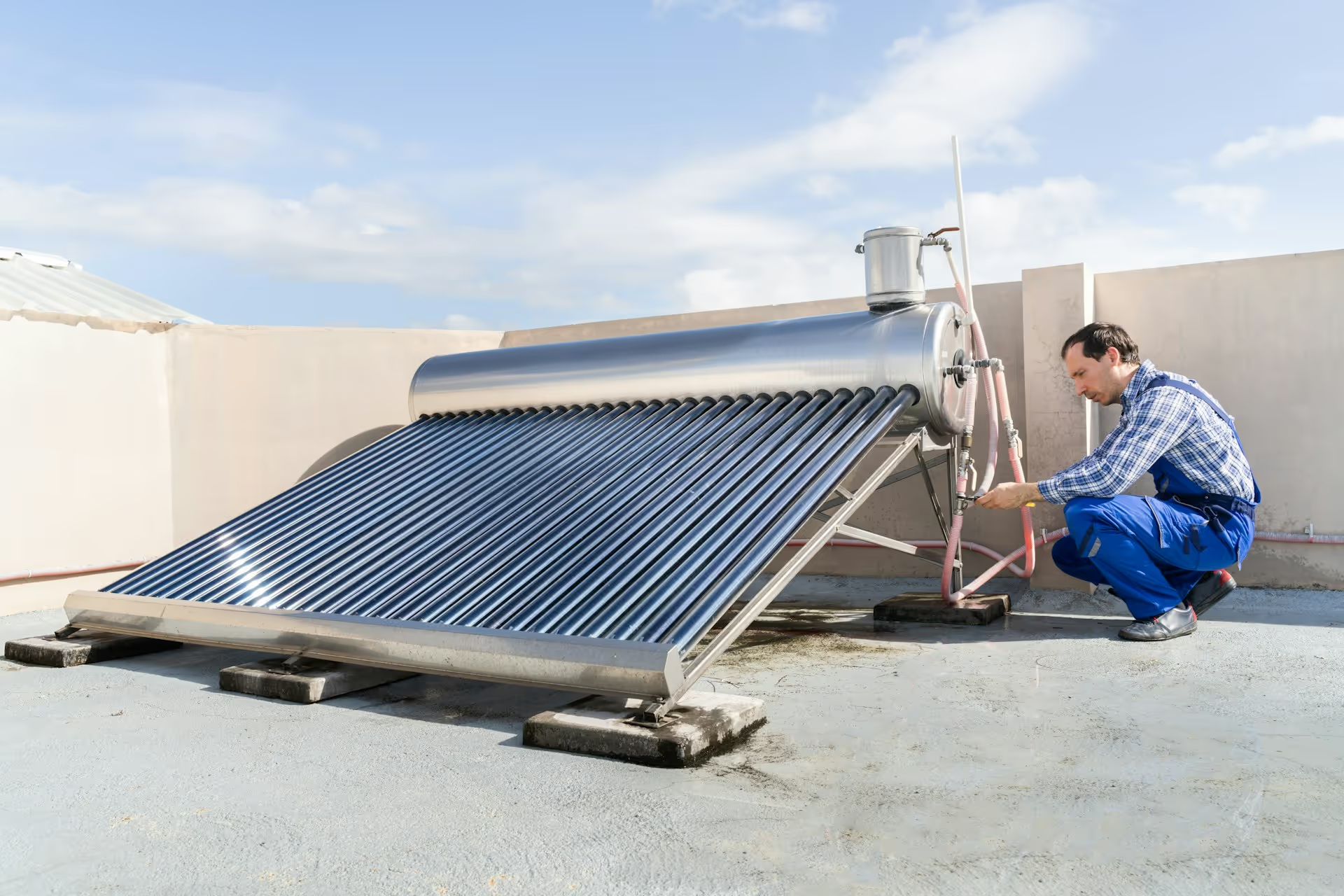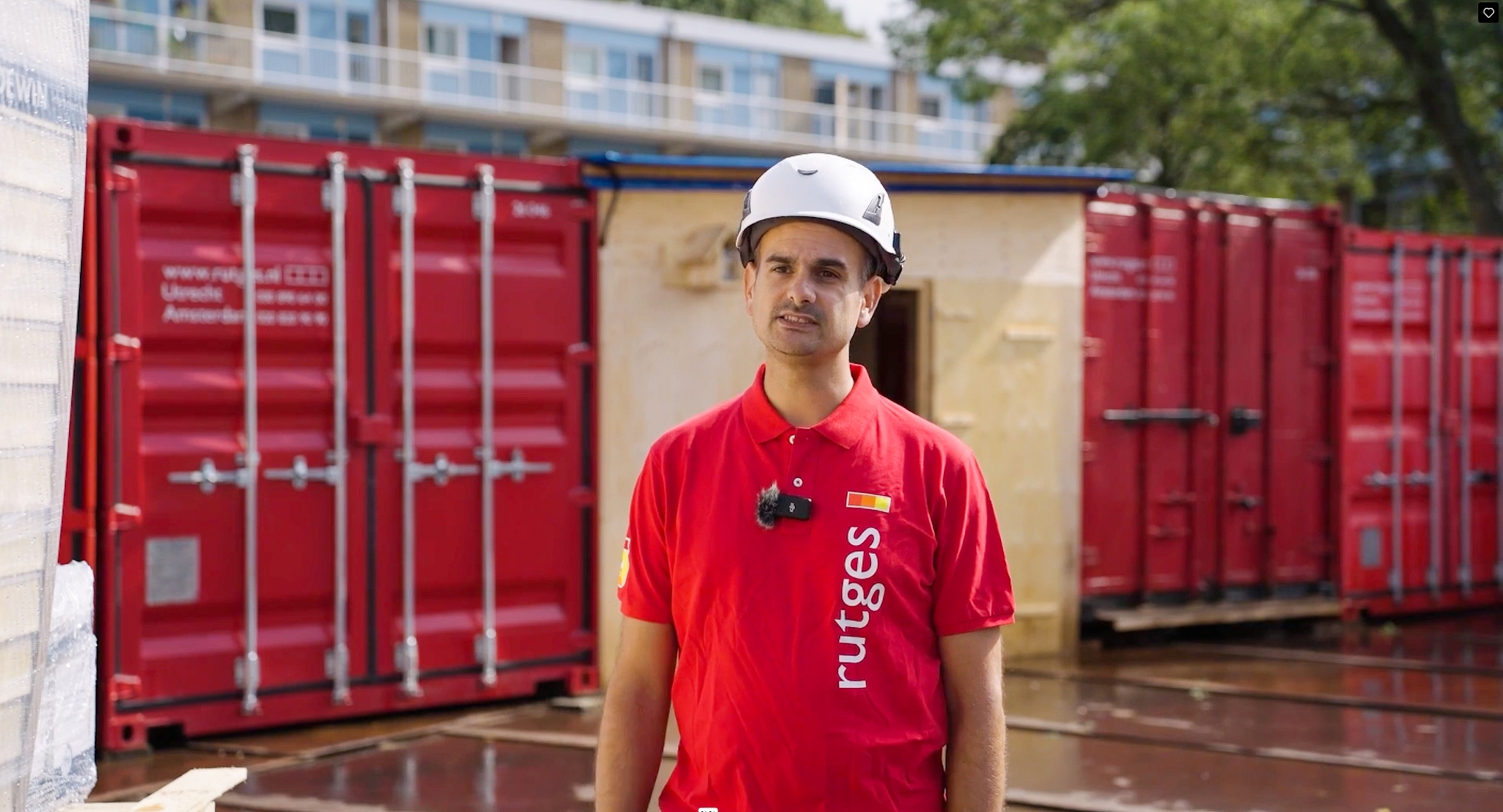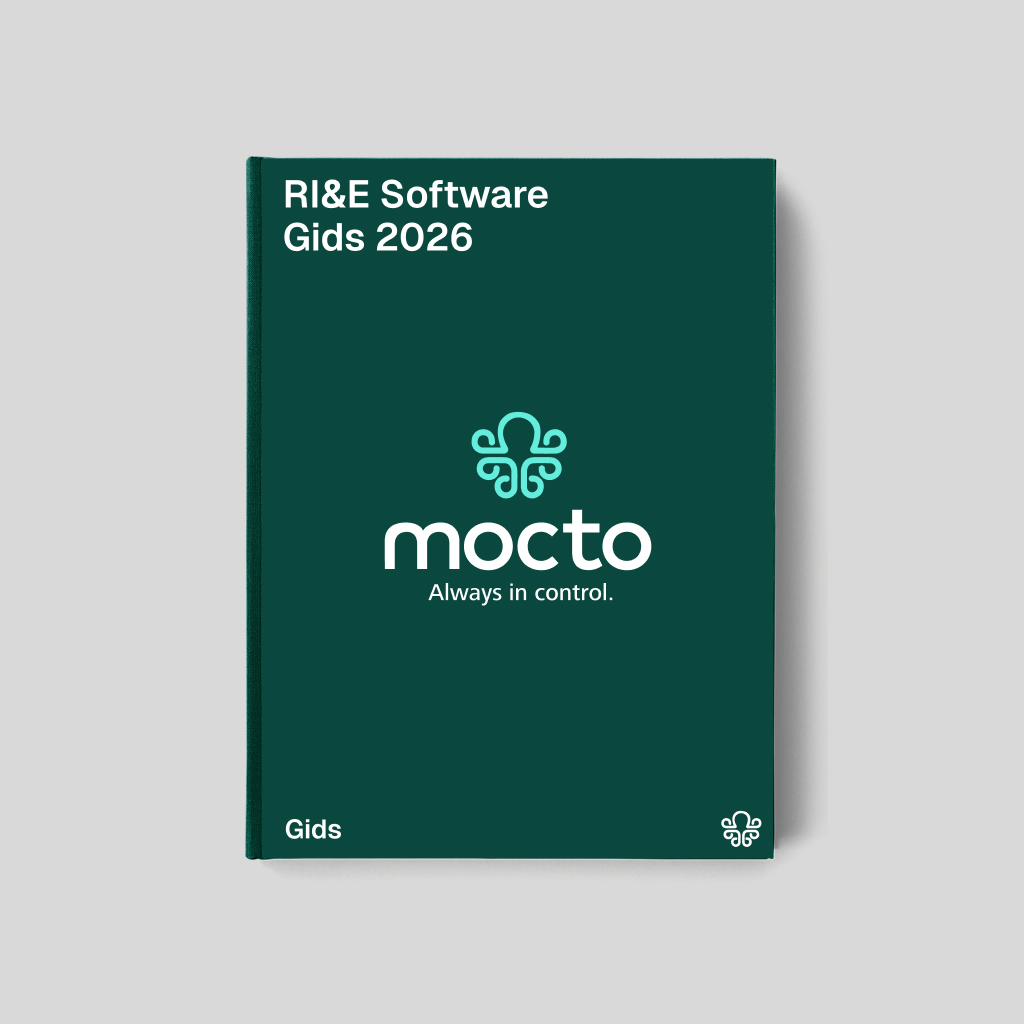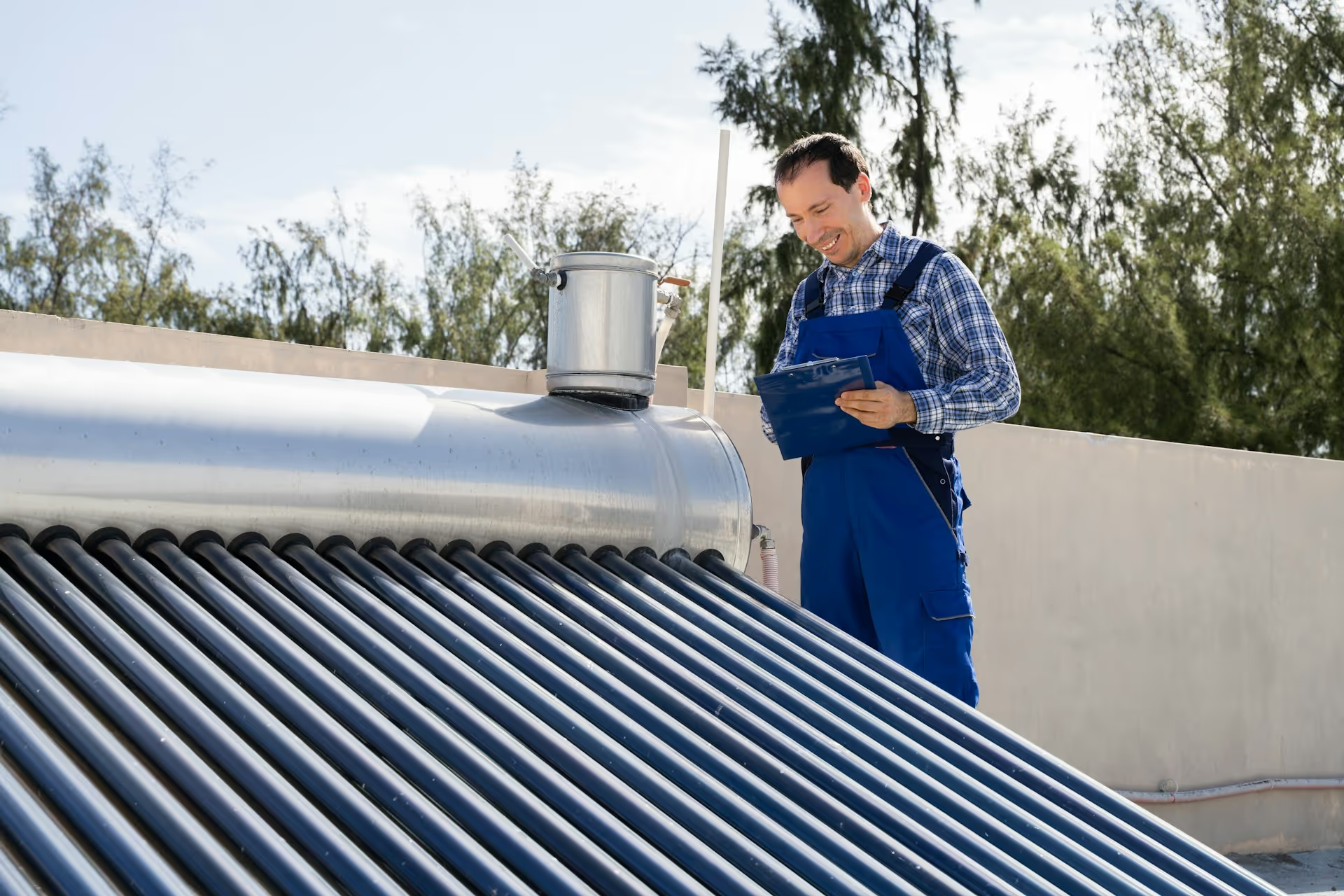What is SCIOS
The SCIOS standard is a safety certificate issued to organizations deemed appropriate by the Foundation for Certification Inspection and Maintenance of Combustion Plants (SCIOS). The foundation is a supervisory and certifying body responsible for the inspection of technical installations.
The certification scheme is divided into the following sub-regulations:
- Subscheme for inspection and maintenance of combustion plants
- Subscheme for inspection of electrical installations and electrical work equipment
- Subscheme for inspection of Explosion-proof installations
Before an organization is awarded a SCIOS certificate, it will have a quality management system must be used on the basis of the NEN-EN ISO 9001 standard. An additional condition is that the inspectors concerned have successfully passed the exams recognized by SCIOS for the relevant scopes. The inspection that leads to the issuance of the SCIOS certificate is carried out by a certified company and shows that the company in question and its employees have sufficient expertise.
The system that SCIOS has set up focuses on the maintenance, regular inspections and inspection when commissioning combustion installations. The cancellation system for inspection and maintenance is also managed by SCIOS.
All findings with regard to an inspection are incorporated into a report. This report also states the date on which the inspection was carried out, which company is responsible for the inspection and, if maintenance is necessary, this will be further specified. The necessary maintenance takes place within two weeks of the alert and this information is also processed using the unsubscribe system.
An inspection of the combustion installation consists of the following components:
- the setting for incineration
- the system for supplying fuel and extracting combustion gases
In seven scopes, the exact technical implementation of the legal regulations for the different types of combustion installations is developed. This also applies to measurements and fuel supply lines.
The seven scopes include the following components:
- Scope 1 Atmospheric boilers and fan heaters
- Scope 2 Hot water boilers & fan heaters with fan burners
- Scope 3 Steam boilers and hot water boilers
- Scope 4 Combustion engines and turbines
- Scope 5 Special industrial installations
- Scope 5a Solid fuel installations
- Scope 6 Emission measurements
- Scope 7 fuel lines
Scope 7 Fuel Lines
Part of the inspection obligation for the combustion plant is the inspection of fuel supply systems. In other words: this inspection takes place at the same time as the inspection of the combustion plant.
During an inspection, the SCIOS inspector has the freedom to decide which elements he wants to inspect. An on-site inspection of the situation, combined with the findings from the latest inspection report, form the basis of his or her decision. If the inspection results are satisfactory, the SCIOS inspector will issue a “no objection” statement for the fuel supply lines.
Important points of attention are the found condition of the pipe and the functioning of the valves. The inspector also assesses any control and security equipment present. This looks at whether the installation meets the applicable safety and environmental requirements. The inspection may also include a leaktightness test.
The order for the inspection of the fuel supply line must be given separately by the driver. This inspection can take place at the same time as the inspection for the entire installation. As an entrepreneur, you are free to indicate this when issuing the order.
Scope 7 separately lists the inspection for fuel supply lines and includes three specific components:
- Scope 7a (design pressure ≤ 0.5 bar) for building-related and light industrial applications
In most cases, the natural gas pipelines fall under this scope.
- Scope 7b (design pressure > 0.5 bar) for industrial applications.
In some cases, natural gas pipelines fall under this scope. Due to different decisions, different inspection frequencies may apply. This may include, for example, the Building Decree. The Activity Decree states the minimum frequency of the inspection.
- Scope 7c (oil lines)
In this scope, it can relate to building-related devices, but also to industrial devices.
Equivalence
The principle of equivalence applies to all member states within the European Union. In short, this means that a company from an EU member state carries out an inspection in the Netherlands but is not located in the Netherlands, must first demonstrate the equivalence of the country of origin's quality system. In the Netherlands, the Accreditation Council is responsible for this.

Managing and monitoring SCIOS
Management System
Why a digital management system for SCOIS?
Many organizations have already switched from a “handbook in the closet” to an environment such as SharePoint or a Document Management System to also be able to view their documentation remotely.
But then these questions and sources of stress linger:
- How do I easily record my registrations?
- How do I simply see the trends in the inspections?
- How do I keep a grip and overview of pending tasks?
- How can I easily guarantee periodic maintenance?
- Where can I quickly find the current procedures and work instructions?
- How do I inform and convince my colleagues of the usefulness of certain processes?
- How do I record the qualifications of my employees?
- Who will remind me of certificates that are about to expire?
ISO2 HANDLE
Why ISO2HANDLE's management system?
because ISO2 HANDLE tracks, chases and maps everything for you, giving you control and overview and continuously managing the certification in the background.
Our platform helps with all the activities associated with obtaining and maintaining certifications, in all phases from implementation to optimization:
Deploy:
- Use our SCIOS template and customize with the drag & drop editor
- Personalize forms
- Apply workflow schedules so that registrations are automatically forwarded to the right colleague
Adopt:
- Handbook and forms are also accessible via mobile
- Automatic task management keeps track of all pending actions in a clear dashboard
Monitors:
- Dashboards in the blink of an eye with trend & cost analysis
- Track your KPIs
Optimization & Audits:
- Access for Certification Authorities; decide the components and time limit yourself
- Download and share dashboards and reports
Consultancy firms
Partner network of organizational consulting firms
ISO2 HANDLE works for a large number of certification advice agencies in the Netherlands, each with their own expertise and focus. A consultancy firm helps with the customized implementation and provides substantive advice on how the processes surrounding certification seamlessly fit with your organization and way of working. They can also help switch from your current system to ISO2 HANDLE.











